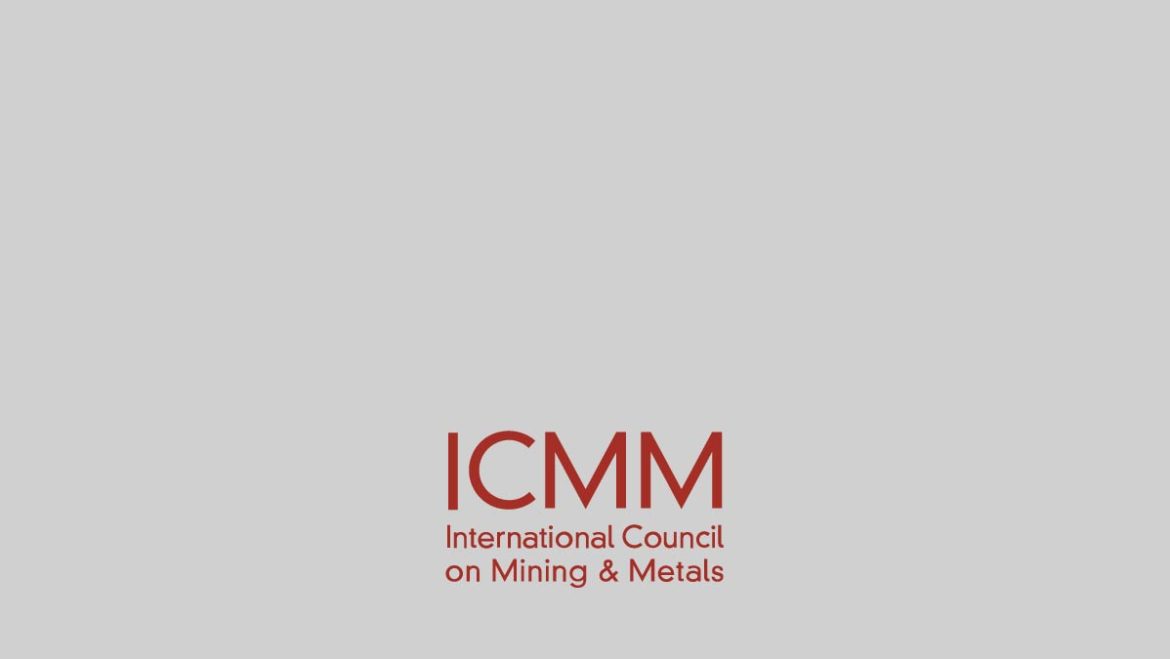Summary
BHP Billiton’s IndoMet Coal Project (IMC) has taken a comprehensive and integrated approach to developing health, safety, environment and community (HSEC) practices and processes while still in the exploration and feasibility study stages of the project. This approach was motivated by the company’s Charter commitment and Community standard, which aim to build strong relationships with key stakeholders, deliver clear socio-economic benefits and manage potential risks and impacts.
Response
The company began by identifying and analyzing key stakeholders and developing appropriate procedures for their consultation and engagement. Stakeholders included government at various levels, 20 directly affected villages and regional communities
(representing around 14,000 people), NGOs and the media.
Comprehensive socio-economic, public health and cultural impact and baseline studies were undertaken. As some of the studies required considerable lead times, community development practitioners were commissioned to undertake up-front “rapid rural appraisals” across all directly affected village communities. The communities reacted positively to the studies and actively participated in workshops. Typical issues raised by the communities were on employment opportunities, access to better education, provision of clean water and opportunities for local businesses to support the company’s operations in the area.
The recommendations from this preparatory work were formally discussed at formal and informal consultative meetings. Preparatory work also included consultation with local government to align the company’s initiative with government programs.
Results from more comprehensive baseline studies and research were then fed back into the stakeholder consultative process and, in turn, into IMC’s community investment activities. For example, thorough environmental baseline studies were initiated early in the pre-feasibility stage, including an extensive biodiversity study of the project footprint. Several new species of fauna were discovered, prompting the development of an extensive biodiversity management plan. As the feasibility studies on the project continue, the baseline data inform a range of programs such as health awareness campaigns, the provision of teaching and learning materials to local students and cultural enhancement support activities.
In addition to regular day-to-day engagement, ongoing formal forum consultation sessions were held several times each year to provide an ongoing “health check” of the program and an opportunity to enhance relationships. In addition to working collaboratively with local development partners, IMC has prepared a scope of work for an Indonesian-based international NGO to assist in designing and executing a partnership program. The program will be informed by the baseline data, and will build capacity and provide a broad social benefit to the region.
Outcomes
From the outset, the company involved host communities, NGOs and government in impact assessment research, in the identification and selection of priority areas for community investment and in the delivery of the resulting programs. A range of Indonesian Coal Projects/stakeholder partnerships were developed to deliver a range of programs covering public health, education, behaviour management, essential infrastructure (including water and sanitation), microfinance, business development, food security, poverty alleviation, vocational skills training, risk sensitization, agricultural improvement and village-level governance and administration.
Sources:
Source: BHP Billiton IndoMet Coal Project

